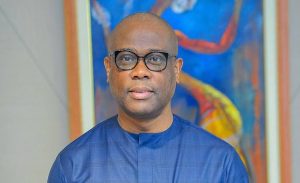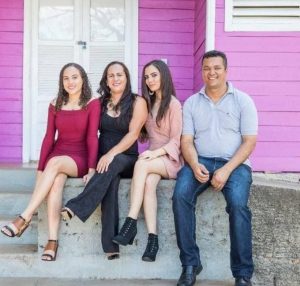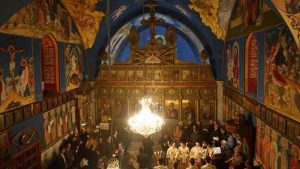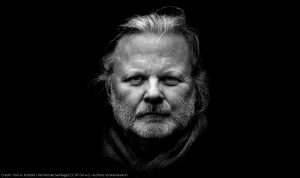The United Nations said Saturday it would hold talks in Sudan aimed at salvaging a fragile democratic transition amid a grinding stalemate following an October coup and the prime minister’s resignation last week.
Volker Perthes, the U.N. envoy for Sudan, said in a statement the U.N.-facilitated political process would seek a “sustainable path forward towards democracy and peace” in the country. It wasn’t immediately clear when discussions might begin.
“It is time to end the violence and enter into a constructive process. This process will be inclusive,” he said.
Perthes said key players in Sudan, including the military, rebel groups, political parties and protest movements will be invited to take part in the process, as well as civil society and women’s groups.
Also read | Kazakhstan protests: Former anti-terror chief arrested
There was no immediate comment from the military on the U.N. effort.
The pro-democracy movement said it has yet to receive details of the U.N. initiative, adding that it would continue street demonstrations until “the establishment of a fully civilian government to lead the transition.”
The position of the Sudanese Professionals Association and the Resistance Committees, however, would be crucial, given that both groups are the backbone of the anti-coup protests and have insisted transfer of power to civilians.
The Oct. 25 coup scuttled hopes of a peaceful transition to democracy in Sudan, more than two years after a popular uprising forced the military overthrow of longtime autocrat Omar al-Bashir and his Islamist government in April 2019.
Prime Minister Abdallah Hamdok resigned from office Jan. 2 citing a failure to reach a compromise between the generals and the country’s pro-democracy movement. He had been ousted in the coup only to be reinstated a month later following a deal with the military meant to calm tensions and anti-coup protests.
But Hamdok resigned, plunging the country further into turmoil amid political deadlock and relentless street protests that have claimed the lives of at least 60 people since the coup.
Also read | Explained: What’s behind unrest rocking oil-rich Kazakhstan
Perthes said repeated violence against protesters since the coup has deepened mistrust of the military among all political parties.
He warned that the ongoing deadlock could push the country into further instability and “squander the important political, social and economic gains” since the uprising against al-Bashir.
The protest movement insists that a fully civilian government lead the transition, a demand rejected by the generals who say power will be handed over only to an elected government. Elections are planned in July 2023, in line with a constitutional document governing the transition period.






